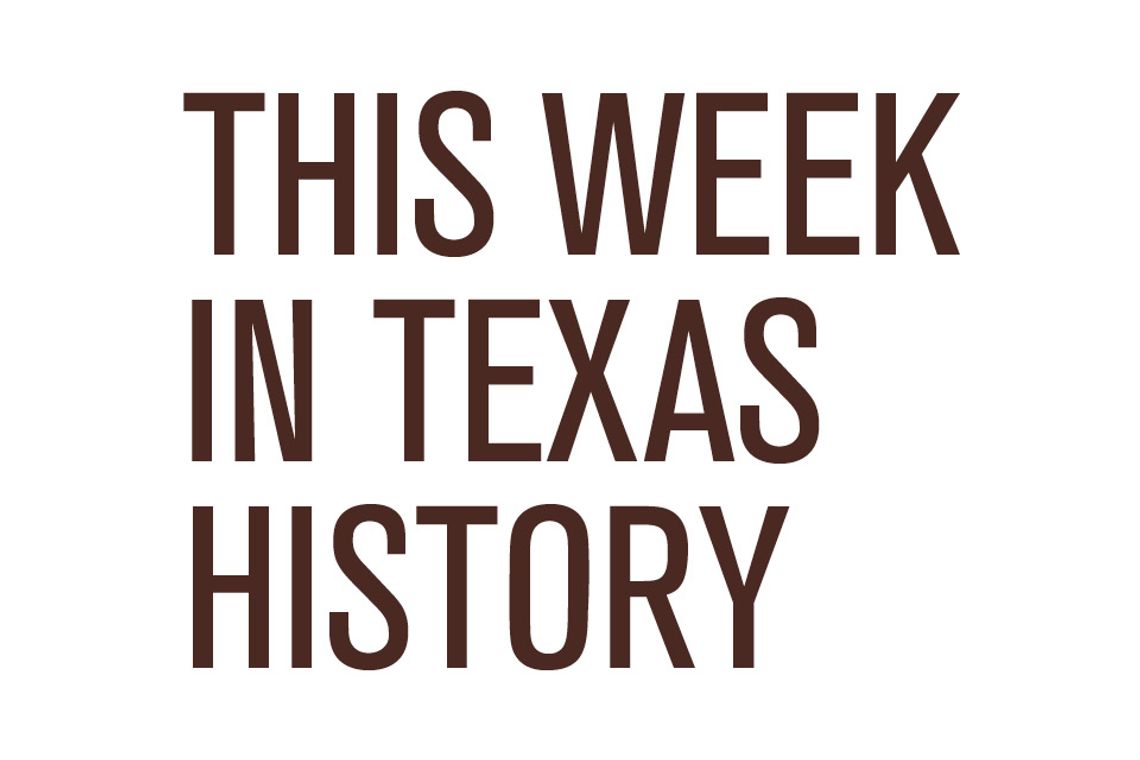When the last vote was counted on April 23, 1929, Dallas had a new mayor cut from a vastly different political cloth.
J. Worthington “Waddy” Tate broke the mold for Big D’s elected leaders. A former druggist and retired railroad worker, he was not rolling in money nor did he belong to the upper crust. A colorful champion of the “common people,” his idea of how Texas’ second largest city ought to be run gave the rich and powerful ample reason for alarm.
During his first campaign for mayor in 1927, Tate made no secret of his populist views. In a sarcastic response to an opponent’s suggestion that a swanky supper club be built with tax dollars on White Rock Lake, he proposed a hot dog stand where citizens of the most modest means could afford to eat.
The elite had a good laugh at Tate’s expense and expressed their contempt for the grass-roots candidate labeling him “Hot Dog.” Waddy not only took the ridicule in stride but embraced the nickname in order to make it clear which side he was on.
Tate ran a surprisingly competitive race in 1927 finishing a respectable second. That should have been enough for establishment types to take him seriously a couple of years later, but they were too busy fighting among themselves to pay him any mind.
The Citizens Association, which had dominated Dallas politics for years, split into two hostile factions. The United Dallas Association, an alliance of major retailers, picked Temple Houston Morrow, a grandson of the “Hero of San Jacinto,” to be their standard bearer. The Greater Dallas Association, a united front of businessmen, put forth Col. William Everett.
The Times Herald endorsed Morrow for mayor and The Morning News threw its support behind Everett. Waddy Tate, who was already weeks into his campaign, received no endorsements, and that was the way he liked it. One of his favorite lines was that he was interested only in the votes of people who “liked to fish or owed money.”
On the last Saturday before the election, Tate invited his supporters to Fair Park for a free hot-dog feast. Thousands came, ate their fill and on Election Day turned out for the candidate who seemed to give a hoot about them.
Falling short of an outright majority in the first round, “Hot Dog” faced his closest rival in the runoff. It was no contest as Tate trounced Sam Houston’s grandson with 58 percent of the vote.
The custom was for the mayor-elect to hold his inaugural ball at a fancy downtown hotel. But Tate wanted no part of that preferring instead to throw a big come-one-come-all party in the Automobile Building at Fair Park.
The “people’s mayor” set to work instituting changes designed to improve the daily lives of ordinary Dallasites. He abolished the office of “Censor of Movies” with the explanation that theater owners could be trusted not to corrupt public morals. He ordered the removal of the spikes from the brass rails surrounding City Hall, which he claimed had been put there by “some aristocrat to keep the plain folks from sitting around.”
He had a bone to pick with the police, who cleared the city parks at ten o’clock every night. In addition to having all “keep off the grass” signs removed, he issued a proclamation permitting the homeless to sleep in the parks. “The grass is there for the people as well as the chiggers.”
Tate instructed the municipal greenhouse to send a potted plant to the funeral of every deceased Dallasite. He also tossed around the idea of holding funerals after dark as a way to reduce daytime traffic congestion and to increase the attendance of mourners unable to take time off from work to pay their respects.
A popular campaign promise had been to provide donkeys at the zoo for children to ride. A personal friend, the mayor of Mineral Wells, donated the 20 donkeys that Tate led through the streets to Marsalis Park, where signs hailed him as the city’s “greatest burro-crat.”
Mayor Tate also kept his word on the issue of city-owned swimming pools. “By the time a man pays a fee, rents a suit and a towel and buys a bottle of pop, it could cost him fifty cents just to go swimming,” he said in citing the need for change. Overcoming stubborn opposition, he waived the admission fee three days a week so that even his poorest constituents could take a dip.
We will never know if “Hot Dog” Tate could have won a second term. A controversial change in the city charter took the power to choose the mayor away from the voters and gave it to a newly constituted council. Naturally the members of that body selected someone from their own ranks to replace the incumbent.
That was the end of T. Waddy Tate’s political career. He lived another seven years but never again sought public office. Still many Dallasites would long remember the entertaining mayor who had their interests at heart.
“Murder Most Texan” is a must read for fans of true crime and Texas history. Order your copy for $24.00 by mailing a check to Bartee Haile, P.O. Box 130011, Spring, TX 77393.











